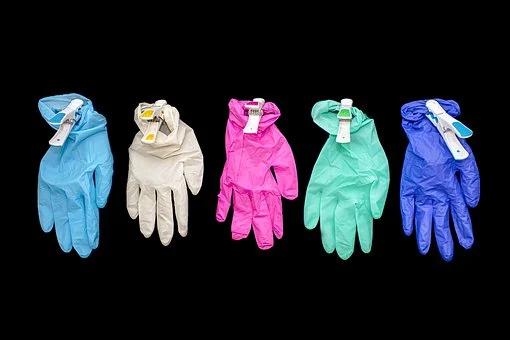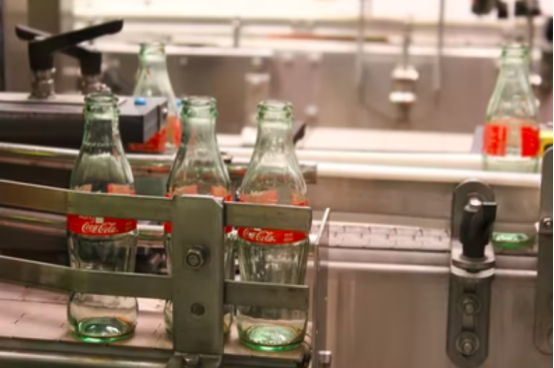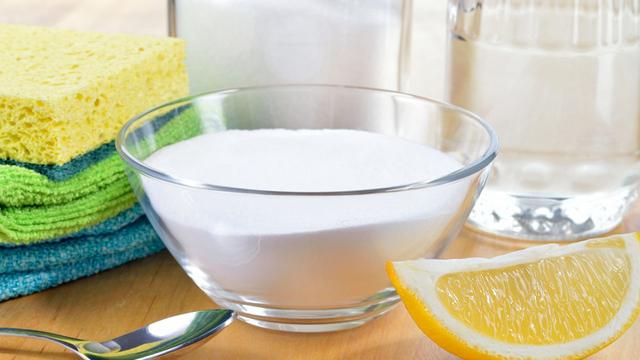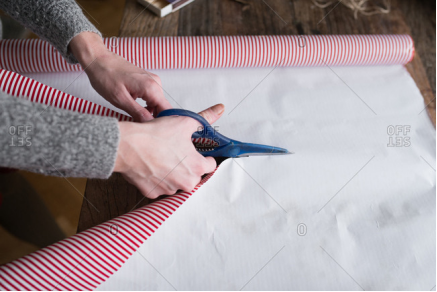Buyer’s Guide: Grout Cleaners
Photo: depositphotos.com
Grout isn’t something we usually notice until it becomes grimy, dark, and dingy. Fortunately, with the right cleaner, it can often be restored to its former glory.
Grout serves as a space filler between laid tile. A cement-based material, grout is made of natural minerals mixed with water. Since it’s slightly porous, dust, dirty water, and soap scum can coat it and even soak into it over time (especially when it’s not properly sealed). This dirty, moist environment provides the perfect foothold for mold and mildew to take root.
Cleaning grout can be time-consuming and labor-intensive, but the best grout cleaners make it significantly easier. Ahead, we’ve rounded up our top favorites among the available options and offered tips and recommendations for deciding on the right cleaner to use. Read on!
Key Considerations for Choosing the Best Grout Cleaner
Grout cleaner should be gentle enough to polish tile without scratching it, but strong enough to eliminate grout discoloration due to mold, mildew, and dirt. Whether cleaning a floor, kitchen backsplash, or shower stall, the best results will depend on the following factors:
To be effective, grout cleaners must lift dirt, erase mold, clean soap scum, and brighten tile with ease. Choose a product based on the desired result.
There are two ways to apply grout cleaner: (1) spray and wipe, or (2) scour with a brush. Spray-on products claim to work without scrubbing, which can save time and energy. On the downside, these cleaners may contain harsher acids, solvents, or chlorine bleach. Therefore, it’s important to weigh the benefits of saving elbow grease versus potentially releasing toxins into the home environment.
Scouring with a brush and cleaner does require a little work, but this method can be especially effective on floors and heavily soiled grout. For tools, a toothbrush can be used on small grout lines. A brush or scrub pad is best for floors and backsplashes. Some brands provide both the liquid cleaner and a scrubbing tool or broom head. To prevent scratching the surrounding tile, use gentle pressure and avoid overly vigorous scrubbing.
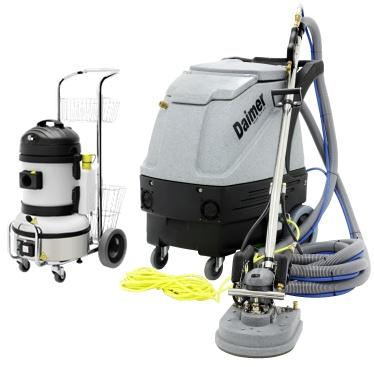
A variety of harsh chemicals can be found in some commercial grout cleaners, with bleach and ammonia often playing a key role. These active ingredients can be efficient at scouring away surface stains, soap scum, and mold, but they can also impact your health adversely as well as harm the environment.
If you favor a non-toxic, plant-based grout cleaner, prioritize products with the Environmental Protection Agency (EPA)’s Safer Choice seal. Also, consider consulting the Environmental Working Group’s Guide to Healthy Cleaning, an online database that provides independent research on product toxicity and safety.
Bear in mind also that during application, grout cleaner may get on the surfaces surrounding the grout. To clean grout between granite, marble, or unsealed stone, make sure to use a product designated safe for use on those materials. Likewise, if you are cleaning grout between ceramic tile, it’s important to avoid grout cleaners that would damage it.
In any case, it can be a good idea to begin any grout-cleaning project by spot-testing the grout cleaner on a small, unnoticeable area. Proceed if and only if the results of spot-testing are satisfactory.
Our Top Picks
Photo: amazon.com
Boasting the EPA’s Safer Choice Program seal, CLR Bath & Kitchen Cleaner contains no ammonia, bleach, or phosphates. That’s not to say it’s soft on cleaning power. This foaming spray is formulated to cut through dirt, calcium, lime scale, hard water stains, and soap scum. It is safe for use not only on grout, but myriad other surface types as well, including tile, glass, and stainless steel. Application is easy, too: simply spray on and wipe clean. For stubborn grout stains, let the formula soak in for a few minutes before wiping or rinsing clean. No scrubbing is required.
Photo: amazon.com
This eco-friendly liquid is formulated with citric acid, plant-based ingredients, and essential oils—without chlorine bleach, artificial fragrances, dyes, or solvents. It is safe for use on a range of surfaces, including ceramic tile, shower doors, plastic, chrome, fiberglass, porcelain, stainless steel, and more (not advised for marble or brass though). While this cleaner doesn’t include fake fragrances, it is scented quite heavily with essential oils, so people with sensitivity to smells should take note. Still, the product works great to remove soap scum and to prevent mold and mildew before it gets out of hand.
Photo: amazon.com
Bar Keepers Friend is best known for its powdered formula, but we love this liquid formulation, which comes with a handy grout-cleaning brush. Free of ammonia and silicone, Bar Keepers Friend Soft Cleanser Liquid is safe to use on many hard surfaces, including porcelain and ceramic tile, chrome, stainless steel, fiberglass, copper, and brass.
Photo: amazon.com
Some tough jobs require specialized formulas. For moldy, stained grout that won’t respond to everyday cleaners, consider Grout-EEZ. This heavy-duty solution is designed for maximum whitening power, especially on floors and large surfaces. Grout-EEZ—which goes to work quickly on dirt, grease, and stains—comes with a brush head, which you can attach to any standard broom or mop handle, making application easier. Though it’s safe to use for most tiled surfaces (but not natural stone), Grout-EEZ contains chemicals that give off fumes. Open the windows and/ or turn on a ventilation fan if you’ll be applying it in an enclosed space, and be sure to wear protective gear (goggles and gloves) while doing so.

